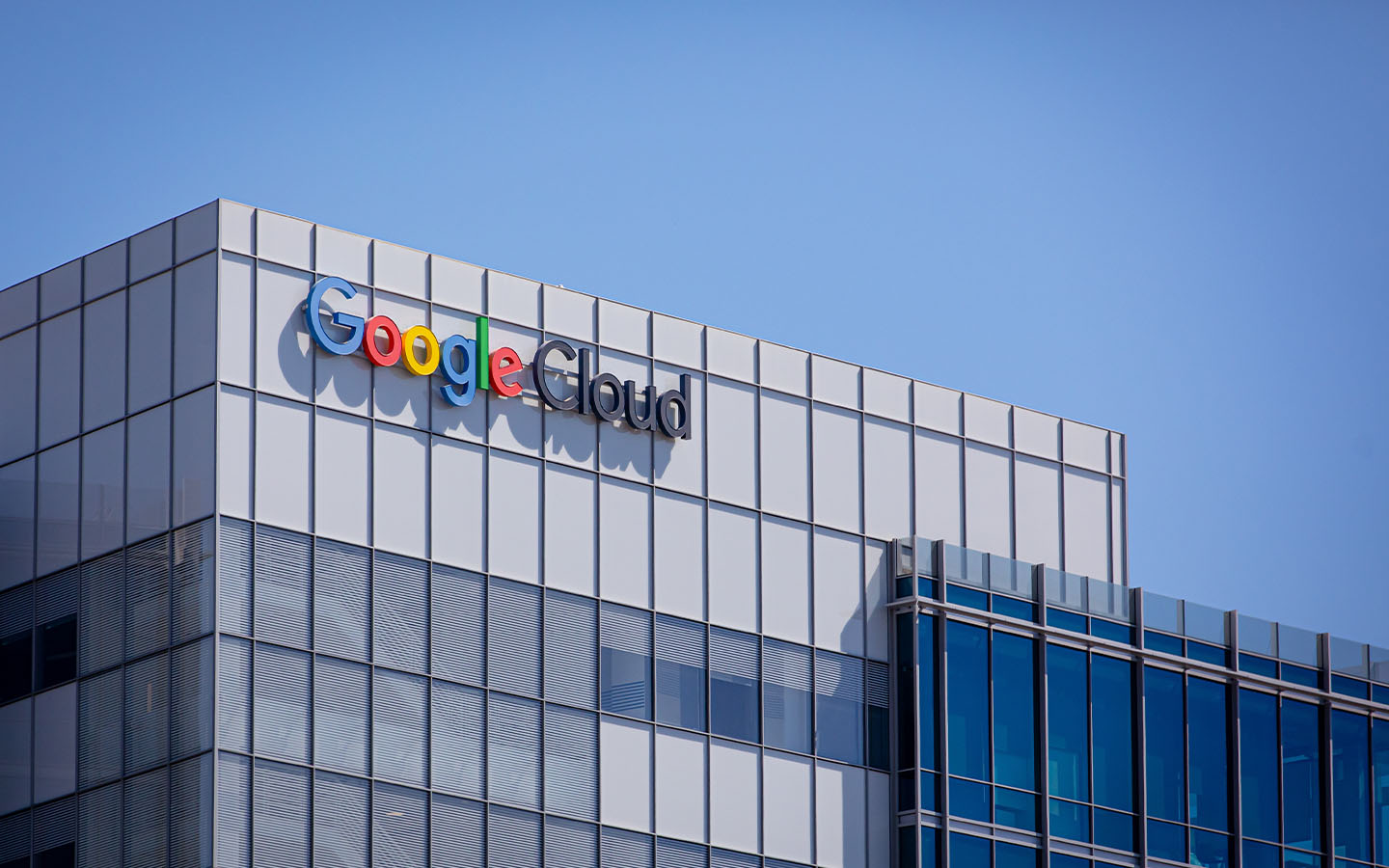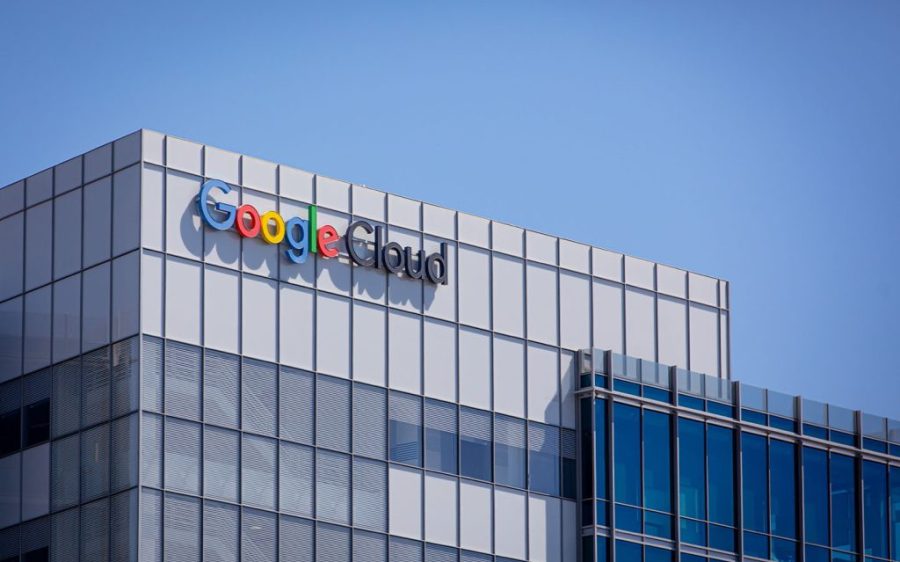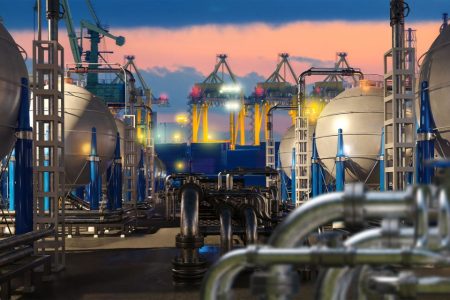Google has announced a first-of-its-kind deal with California-based Kairos Power to purchase nuclear energy from multiple advanced small modular reactors (SMR) to power its AI data centres.
Kairos Power broke ground on a US$100 million demonstration reactor in Tennessee this summer, having received the first US permit in 50 years for a new type of nuclear reactor the year before. Kairos executive Jeff Olson framed the new deal with Google as “important to accelerate the commercialisation of advanced nuclear energy by demonstrating the technical and market viability of a solution critical to decarbonising power grids.” The first Google SMR is expected to be brought online “quickly and safely by 2030,” according to the company announcement, followed by additional reactor deployments through 2035, totalling up to 500 MW.
The Google deal still needs to be approved by the US Nuclear Regulatory Commission as well as local agencies before it can proceed. The tech giant did not provide any details as to the location or value of the project.
[See more: Google adds AI to its search function, sparking controversy]
Nuclear power is increasingly seen as a necessary component of a clean energy future. Last year’s United Nations Climate Change Conference saw more than 20 countries sign a pledge to triple nuclear energy capacity by 2050. Such a push would not only deliver virtually carbon-free power with a consistency unmatched by variable renewables, but also create jobs. In the US alone, the Department of Energy estimates that it would require 100,000 workers to operate plants and another 275,000 workers in construction and manufacturing.
Google touted these direct economic benefits in its announcement, as well as the advantages of advanced SMRs, which are smaller, simpler and inherently safer than traditional large-scale nuclear facilities. Kairos SMRs use a molten-salt cooling system with ceramic, pebble-type fuel, a combination that enables a smaller, more affordable design and a passive safety system, meaning that no human or outside intervention is required to shut them down.Other major tech companies are also going nuclear to meet the massive energy demands of AI. Microsoft recently reached a deal to restart operations on Three-Mile Island and, in March, Amazon announced that it would buy a nuclear-powered data centre, also in Pennsylvania.






